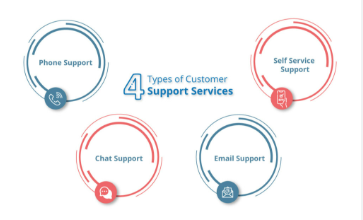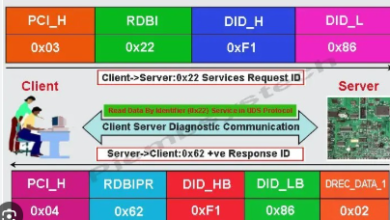Strategies for Trading Futures and Options Successfully

Are you ready to dive into the field of futures and options trading? Many traders find this market both exciting and challenging. Mastering strategies for futures and options trading can significantly impact your success. In this article, we will explore essential strategies, offering tips to help you navigate this dynamic field effectively.
Tips for Trading
Developing a Trading Plan
The foundation of a profitable future and option trading strategy is a robust trading plan. It establishes the foundation for your choices and behavior. Start by defining your goals. Are you looking to hedge against risk or to speculate? Next, determine your risk tolerance. How much are you willing to lose? Establish entry and exit points, and decide on your position size. A well-thought-out plan helps maintain discipline and reduce emotional trading.
Analysing Market Trends
Market analysis is essential for informed trading decisions. Both technical and fundamental analysis play a role in understanding market movements. Examining price charts and utilising indicators to predict future price changes are vital components of technical analysis. Standard tools include moving averages, Bollinger Bands, and Relative Strength Index (RSI). Fundamental analysis examines economic indicators, company performance, and geopolitical events that might impact the markets. Combining both analyses can provide a comprehensive market outlook.
Risk Management Techniques
Effective risk management is vital in futures and options trading. Without it, even the best strategies can fail. The use of stop-loss orders is one crucial strategy. These orders shield you from large losses by automatically closing a position when it hits a predetermined loss threshold. Another method is position sizing, which ensures you do not risk too much capital on a single trade. Diversifying your trades across different assets can also mitigate risk.
Utilising Leverage Wisely
Leverage allows traders to control large positions with relatively little capital. While it can amplify profits, it also increases the potential for losses. It is crucial to use leverage sensibly. Leverage should only be used when you have a thorough understanding of the risks and a well-thought-out risk management plan. Avoid over-leveraging, which can lead to substantial losses if the market moves against you.
Staying Informed and Updated
Numerous factors influence the financial markets. It’s critical to keep up with market news and updates. Read analysis, reports, and news on finance on a regular basis. Get newsletters from reliable banks that you may subscribe to. Participate in webinars and workshops to advance your skills and knowledge. Being well-informed helps you make timely and accurate decisions.
Practising Patience and Discipline
It’s easy to get swayed by market emotions, but maintaining a disciplined approach is crucial. Stick to your plan, and do not let fear or greed dictate your actions. It’s essential to be patient, particularly in erratic markets. Hold off on making snap decisions and wait for the best opportunities. Consistency in your approach often leads to better long-term results.
Utilising Trading Tools and Platforms
Modern trading platforms offer a range of tools that can enhance your future and option trading strategies. Familiarise yourself with these tools to improve your efficiency. Use charting tools for technical analysis and set up alerts for price movements. Many platforms offer back testing features, allowing you to test your strategies against historical data. Leveraging these tools can provide a competitive edge in your trading.
Seeking Professional Advice
Sometimes, seeking professional advice can be beneficial. Experienced traders or financial advisors can offer valuable insights. Consider joining communities or forums where you can share ideas and strategies. Hiring a mentor or coach can also accelerate your learning curve. Professional guidance can help you navigate complex markets more effectively.
Trading future and option successfully requires knowledge, strategy, and discipline. Stay informed, practice patience, and continually learn from your experiences. With dedication and the right strategy, you can master the art of trading.






